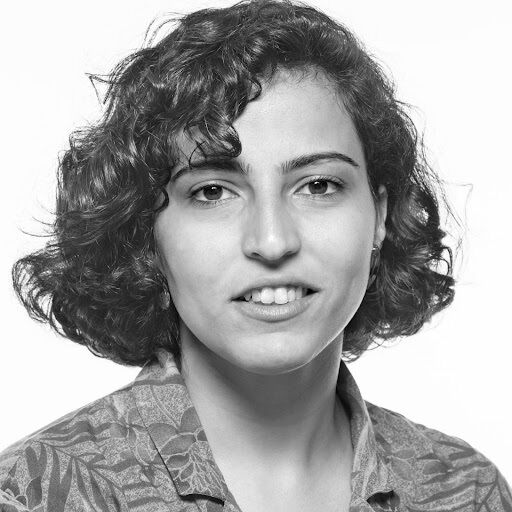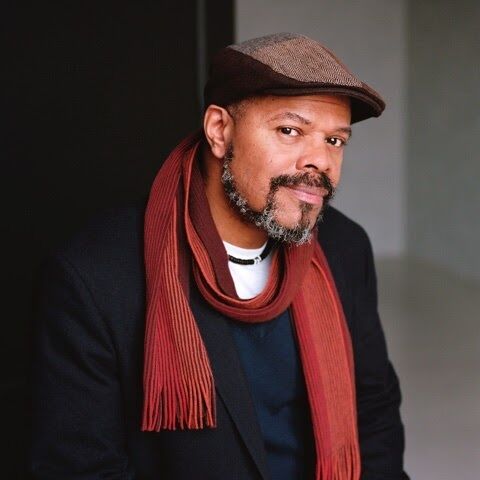In many ways, translation is an invisible art. Only 3% of all books published in English are works in translation; often, translators’ names aren’t even listed on the covers of the books filled with their words. What might focusing on this obscured form reveal about power, nationalisms, and preconceptions hidden in plain sight? What does it mean to bring a text across languages? How might translation help make visible, collaborate with, and contest other forms of movement, migration, and mobilization?
The Politics of Literary Practice
Join Jewish Currents for the last in a series of three conversations—on poetry, criticism, and translation—to explore the relationships between politics and literary form. Considering the history and present of the genres in question, participants will discuss the various ways that textual practices structure our imaginations—and how they chart possibilities for reading, thinking, and living otherwise.
Check out the previous two events in the series: Poetry and Freedom Movement and Criticism as Political Form.
This live event and its recording will have automated closed captioning. For accommodation requests or questions about accessibility, please reach out to events@jewishcurrents.org.

Jennifer Croft won the 2020 William Saroyan International Prize for Writing for her illustrated memoir Homesick and the 2018 Man Booker International Prize for her translation from Polish of Nobel laureate Olga Tokarczuk’s Flights. She is also the author of Serpientes y escaleras and the translator of Federico Falco’s A Perfect Cemetery, Romina Paula’s August, Pedro Mairal’s The Woman from Uruguay, and Olga Tokarczuk’s The Books of Jacob. She holds a PhD from Northwestern University and an MFA from the University of Iowa.

Mona Kareem is the author of three poetry collections. She’s a literary scholar and a translator between Arabic and English. Kareem is a recipient of a 2021 NEA literary grant, and a fellow at Center for the Humanities at Tufts University. She held fellowships and residencies with Princeton University, Poetry International, Arab-American National Museum, Norwich Center, and Forum Transregionale Studien. Her most recent publication Femme Ghosts is a trilingual chapbook published by Publication Studio in Fall 2019. Her work has been translated into nine languages and appears in LitHub, The Common, Brooklyn Rail, Michigan Quarterly, Fence, Ambit, Poetry London, The Los Angeles Review of Books, Asymptote, Words Without Borders, Poetry International, PEN English, Modern Poetry in Translation, Two Lines, and Specimen. Kareem holds a PhD in Comparative Literature from the State University of New York at Binghamton. She has taught at Princeton, Tufts, University of Maryland College Park, SUNY Binghamton, Rutgers, and Bronx Community College. Her translations include Ashraf Fayadh’s Instructions Within (nominated for a BTBA award), Ra’ad Abdulqadir’s Except for this Unseen Thread (nominated for the Ghobash Banipal prize), and Octavia Butler’s Kindred. She lives in Boston and strangely claims to like it up there.

John Keene is the author, co-author, and translator of a handful of books, including the poetry collection Punks: New and Selected Poems (The Song Cave, 2021) and the fiction collection Counternarratives (New Directions, 2016). Letters from a Seducer, his translation of the Brazilian novelist Hilda Hilst’s infamous novel, appeared in 2014. His awards include a 2018 Windham-Campbell Prize in Fiction and a 2018 MacArthur Foundation Fellowship. He is Distinguished Professor of English and of Africana Studies, which he currently chairs, at Rutgers University-Newark.
Claire Schwartz is the author of the forthcoming poetry collection Civil Service (Graywolf Press, 2022) and the culture editor of Jewish Currents.
